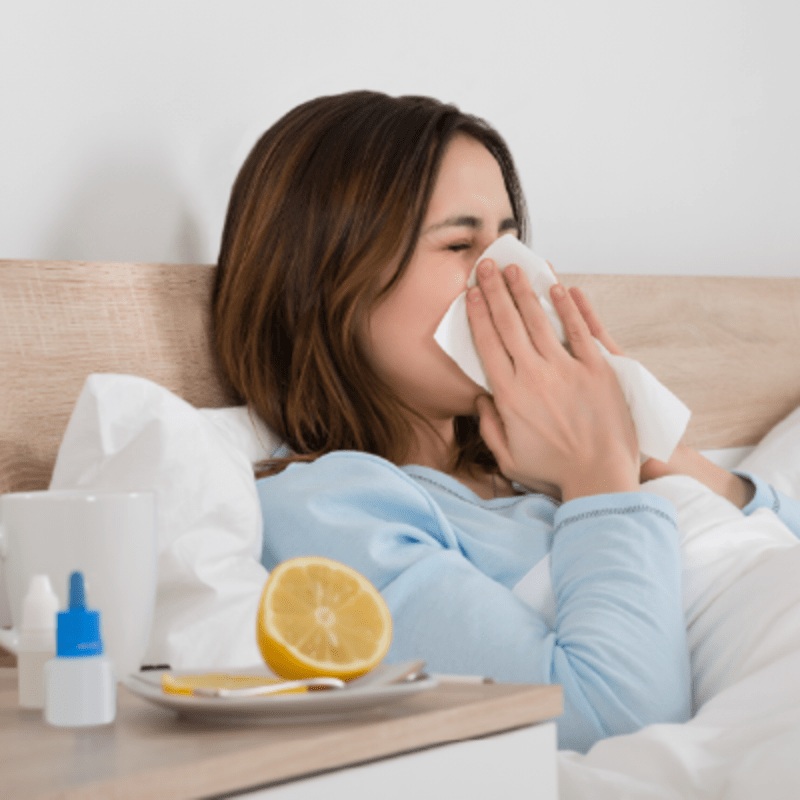Influenza, commonly known as the flu, is a common viral infection that affects your nose, throat and lungs.
The flu virus is highly contagious and passes from person to person through droplets from the nose, throat or lungs. These droplets can be passed directly, such as when you sneeze, or indirectly, such as when you blow your nose and then touch a door handle.
The flu vaccine (flu jab) can help protect against the virus in some groups of people.
